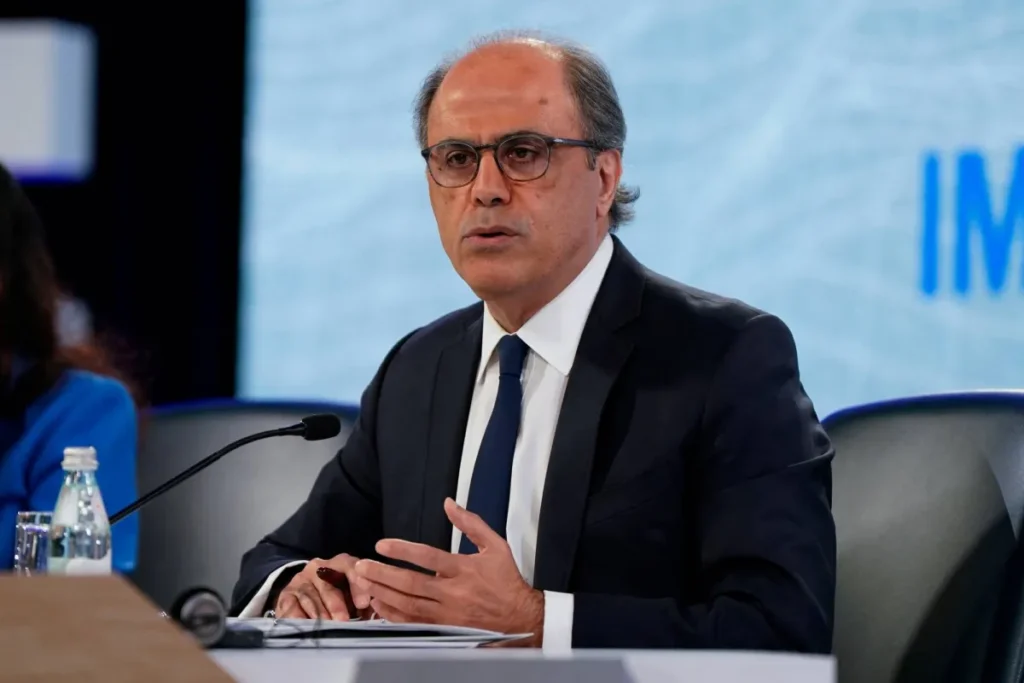The International Monetary Fund said on Thursday it now expects Middle East and North Africa economies to grow by just 2.6% in 2025 as uncertainties stemming from a global trade war and weaker oil prices weigh on the region.
The fresh projection marked a sharp downgrade from its October projection of 4% growth and comes as the region grapples with geopolitical tensions, softer external demand and oil market volatility.
“Uncertainty could impact the real economy, consumption, investment… all these elements led to a softening of our projections,” Jihad Azour, the IMF’s director for the Middle East and Central Asia department, told Reuters in an interview.
“The direct impact of the tariff measures is limited because the integration in terms of trade between the region and the US is limited.”
“The ongoing conflicts in the MENA region have inflicted profound humanitarian costs and left deep economic scars,” the IMF said in the report, adding that the impact has been severe for the region’s oil importing economies.
The MENA non-oil importers are now expected to see real GDP growth of 3.4% in 2025, versus an earlier forecast of 3.6%.
Growth among non-Gulf Cooperation Council oil exporters is expected to slow by one percentage point in 2025 – a sharp downward revision – before staging a modest recovery in 2026.
On the other hand, GCC economies are projected to strengthen, though at a slower pace than anticipated in October.
IMF projects GCC’s GDP growth for 2025 at 3%, down from its October forecast of a 4.2% increase.



